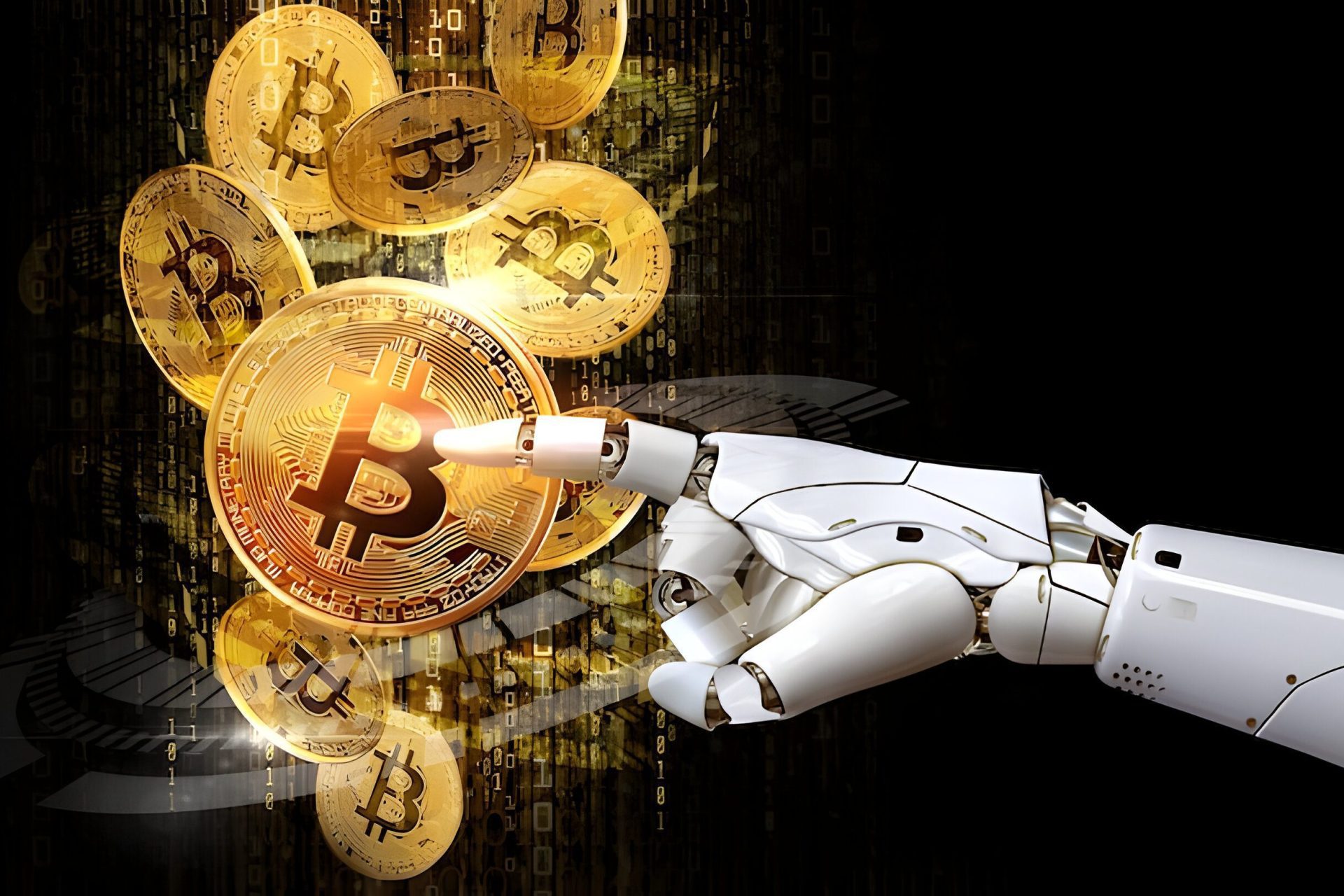Introduction
The convergence of artificial intelligence (AI) and cryptocurrency (crypto) represents a fascinating intersection of technologies that are reshaping the digital landscape. While AI and crypto may seem like opposites at first glance, their integration holds the promise of creating a more equitable, secure, and decentralized future. This article explores the tensions, trade-offs, and opportunities that arise from the convergence of AI and crypto, highlighting the potential for a new paradigm that leverages the strengths of both technologies.
AI and Crypto: A Contrasting View
AI technologies, such as large language models and neural networks, offer unparalleled scale and sophistication but often concentrate power in the hands of the organizations that develop them. This centralization can lead to significant privacy, security, and autonomy concerns for users. In contrast, crypto networks prioritize user control over raw computational power, introducing challenges around scalability, accessibility, governance, and practical adoption.

The Symbiosis of AI and Crypto
The convergence of AI and crypto presents an opportunity to mitigate the weaknesses of centralized AI through decentralized crypto, and vice versa. By integrating these technologies thoughtfully, we can create an AI that evolves safely, providing powerful features that serve humanity without being dominated by special interests. Similarly, incorporating the benefits of AI into crypto can help it transcend its niche status, making it a practical tool for equitable and democratic participation in technology and finance.
Enhancing Privacy, Protecting Content, and Decentralizing Development
The intersection of AI and crypto offers several key themes for enhancing privacy, protecting human-generated content, and creating an alternative to big cloud development. For instance, crypto and blockchain can enhance privacy in AI by ensuring that data is encrypted and controlled by the user. They can also protect and identify human-generated content, ensuring that creators are fairly compensated for their work. Moreover, decentralizing development, where tasks such as sourcing data, contributing computational resources, and building models are distributed among a community of participants, can replace centralized oversight with peer-to-peer consensus mechanisms.
The Role of AI in Crypto’s Decentralization
AI plays a crucial role in turning crypto’s decentralization dream into reality. By identifying potential threats and vulnerabilities in decentralized protocols, AI can help secure the DeFi ecosystem, making it more accessible to mainstream users. AI also has applications in managing decentralized autonomous organizations (DAOs), automating decision-making to ensure transparency and fairness. This can simplify governance and foster a more equitable decentralized ecosystem.
Democratizing Data and the Future of AI and Crypto
AI’s role in democratizing data and market analysis is pivotal. By efficiently analyzing vast amounts of blockchain data, AI can provide valuable insights at unprecedented speeds, reducing reliance on centralized entities and enhancing the accuracy, timeliness, and transparency of financial data. This shift towards decentralized data could have far-reaching implications for both the decentralized and physical world, offering a more comprehensive and unbiased view of markets.
Conclusion
The convergence of AI and crypto represents a significant opportunity to address the centralization of AI and the decentralization of crypto. By integrating these technologies thoughtfully, we can create a future where privacy, security, and autonomy are prioritized, and where technology serves humanity holistically. However, navigating this intersection requires careful consideration of the challenges and trade-offs involved, including the need for balancing decentralization with feature competitiveness and ensuring that AI resources are not centralized to the detriment of the decentralized ethos . As the AI and crypto sectors continue to evolve, the potential for a new paradigm that leverages the strengths of both technologies to create a more equitable and decentralized future remains vast and exciting.

